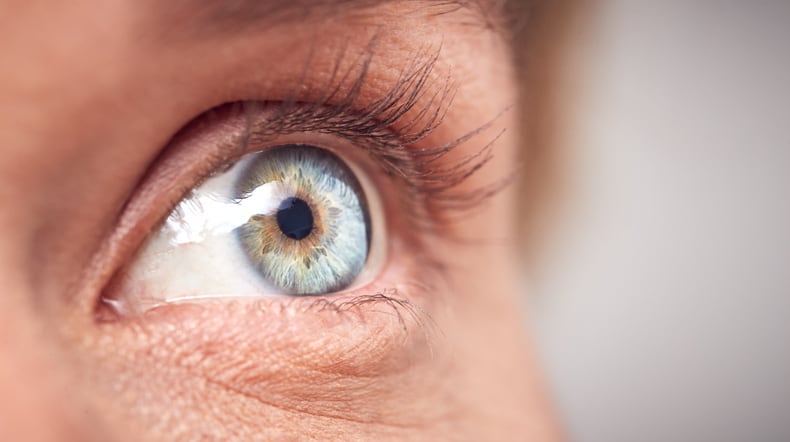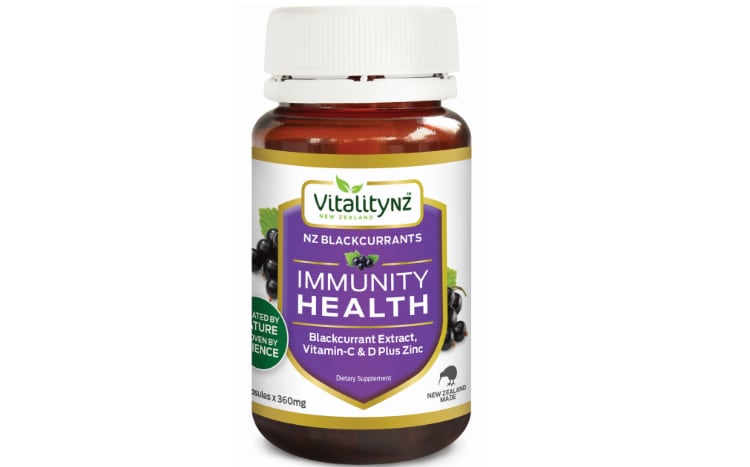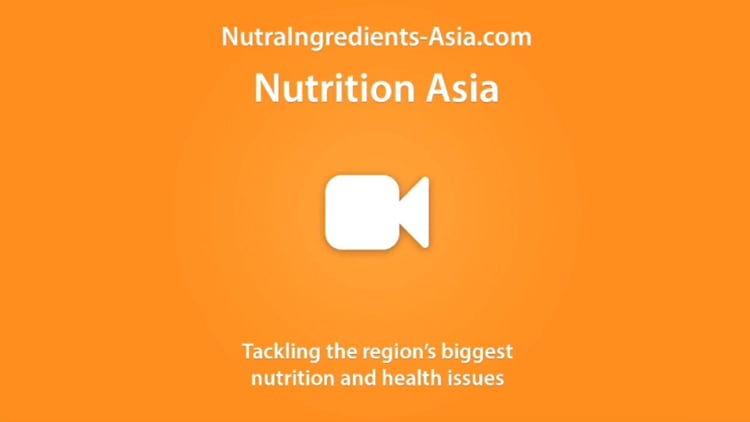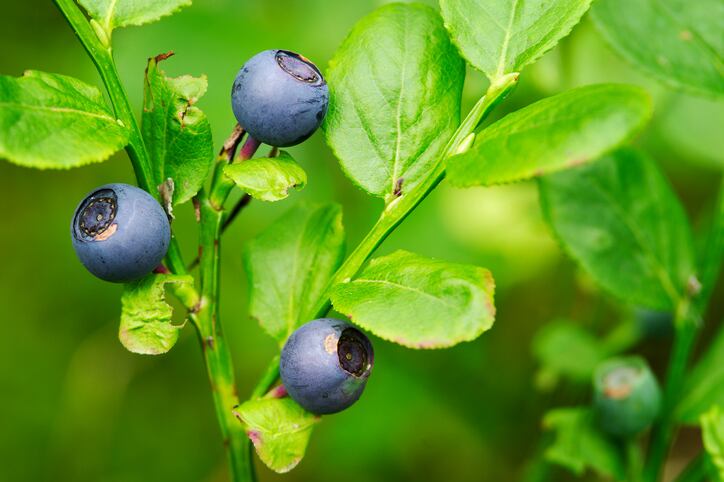New Zealand firm Ārepa, which produces nootropics drinks, powders and capsules containing New Zealand blackcurrant extract (Neuroberry), New Zealand pine park extract (Enzogenol), and L-theanine, believes the bioactives could also aid eye health..
One of its ingredients, Enzogeneol is a New Zealand Pinus radiata bark extract brand supplied by Enzo Nutraceuticals.
Eye science
Enzogenol had been primarily studied for its effect on brain health, reduction of oxidative stress and healthy food glucose response, however it had also been trialed in a small eye study conducted by Canterbury Geriatric Medical Research Trust at Christchurch, New Zealand.
The study recruited 100 elderly people, with an average age of 82.
The treatment group (n=54) was given 480mg of Enzogeneol and 60mg of vitamin C daily for six months. The control group (n=46) was given 60mg of vitamin C daily.
After six months, researchers observed a significant improvement in distant vision in the treatment group compared to the control group (p=0.028).
The treatment group experienced a 7.4% deterioration in distant vision, compared to the control group (19.1%).
Stable distant vision and improved distant vision was also significantly better in the treatment group compared to the control group.
David Giles, managing director at Enzo Nutraceuticals told us the mechanism of action of pine bark extract on vision health was hypothesised to be associated with lower oxidative stress, combined with improved microvascular health and glycaemic control.
“According to Cejka et al (2015), oxidative stress is caused by the imbalance between oxidants and antioxidants, leading to ocular damage, loss of vision acuity and may be highly involved in the ocular ageing processes.
“Thus, lower systemic oxidation levels in the body and improved blood sugar control as shown in people taking Enzogenol may help to slow age-related deterioration of vision.”
Giles said the clinical trial was a small-scale study on the preservation of vision, and hinted at a follow-up study, which is subject to securing funding.
“We do have a small but promising study on eye health, but we have not pushed into this sector yet as we feel that it would be better to undertake a larger study first.”
Brain-eye axis
For Ārepa which produce nootropics marketed with mental clarity, maintenance and performance functions, CEO Angus Brown said the brain-eye axis was worth looking into.
“I believe the eyes play a gateway to the brain, and there is interaction between the two. However, this area is relatively under-researched, and I think there is potential and more science to be discovered.
“The brain-eye axis is something worth investigating, especially where it supports ocular performance but also influence mental performance.”
Giles agreed: “We have seen in recent years development of products aimed at supporting the gut-brain axis and it seems obvious to me that we should also consider the eye-brain and the heart-lung-brain axes as well.
“Our eyes are subject to external noxae such as air pollution, high UV levels, household and industrial chemicals as well as internal stressors such as high blood sugar levels.
“At the same time, we are exposing our eyes to increased blue light from our smartphones and laptops. This type of light is known to damage photoreceptor cells in the retina.
He added that it was important to provide customers with effective formulations that can not only protect the eyes but also assist with powering through cognitively demanding tasks.
Giles added: “The Ārepa product is interesting because one of their earliest studies showed that the beverage was able to help people to filter out distracting visual data such as a flashing icon and remain focussed on the task at hand.”
Source: Food and Chemical Toxicology
https://doi.org/10.1016/j.fct.2012.08.051
“Production, composition and toxicology studies of Enzogenol® Pinus radiata bark extract”
Authors: Mathias A.E. Frevel, et al




